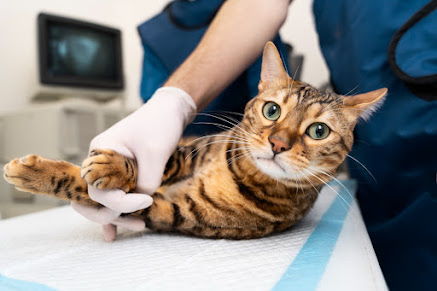Budgerigars: The Charming Companions That Will Make You Smile
The Budgerigar, also known as the budgie or parakeet, is a small and colorful bird that has captured the hearts of bird enthusiasts around the world. With its vibrant plumage, playful nature, and ability to mimic human speech, the Budgerigar has become one of the most popular pet birds globally. In this article, we will explore the fascinating world of Budgerigars, delving into their history, characteristics, care requirements, and the joy they bring to their human companions.
History and Origins:
The Budgerigar is native to Australia, where it inhabits the arid regions and open grasslands. It was first discovered by Europeans in the late 18th century during Captain Cook's voyage to Australia. The bird's vibrant colors and sociable nature quickly caught the attention of naturalists and collectors, leading to its introduction into the pet trade.
Characteristics and Appearance:
Budgerigars are small birds, measuring approximately 7-8 inches (18-20 cm) in length, with a wingspan of around 11-12 inches (28-30 cm). They are known for their distinct plumage, which is predominantly bright green. However, captive breeding has resulted in a wide variety of color mutations, including blue, yellow, white, and even combinations of these hues.
One of the most striking features of the Budgerigar is its head, adorned with a vibrant feather mask in shades of black, yellow, or blue. Males usually have a bluish cere (the fleshy area at the top of the beak), while females tend to have a brown or beige cere. Budgerigars also possess a long, tapering tail that adds to their elegance.
Social and Intelligent Creatures:
Budgerigars are highly social birds that thrive on companionship. They are known for their playful and curious nature, and when provided with proper care and attention, they can form deep bonds with their human owners. Budgerigars have a remarkable ability to mimic sounds and speech, making them one of the most talented mimicking species among birds. With patience and training, they can learn to imitate words and phrases, which adds an extra element of charm to their already endearing personality.
Care Requirements:
Proper care and attention are crucial for the well-being of Budgerigars. Here are some essential considerations for providing a suitable environment for your feathered friend:
Housing: Budgerigars require a spacious cage to accommodate their active nature. The cage should be equipped with perches of varying diameters to exercise their feet, as well as toys and accessories for mental stimulation. Ensure the bars of the cage are appropriately spaced to prevent accidental escapes or injury.
Diet: A well-balanced diet is vital for the health of Budgerigars. Their primary diet consists of high-quality commercial seed mixes specifically formulated for budgies. Additionally, they should be offered fresh fruits and vegetables, such as apples, carrots, spinach, and broccoli, which provide essential vitamins and minerals. Fresh water should be available at all times.
Exercise and Mental Stimulation: Budgerigars are active birds that require regular exercise and mental stimulation to prevent boredom. Providing a safe area outside the cage for supervised flight time is beneficial. Additionally, rotating toys, puzzles, and interactive games can keep them mentally engaged and entertained.
Social Interaction: Budgerigars are highly social creatures and thrive on companionship. Spending time with your budgie, talking to them, and providing gentle interaction can help establish a strong bond. Consider getting a companion bird if you are unable to provide them with constant attention.
Conclusion:
The Budgerigar's small size, vibrant colors, and charming personality make it an excellent choice for bird enthusiasts of all ages. With their ability to mimic speech and their sociable nature, they have become beloved companions in households around the world. However, it's essential to remember that Budgerigars require dedicated care and attention to thrive. By providing them with a suitable environment, a balanced diet, regular exercise, and social interaction, you can ensure that your Budgerigar enjoys a happy and fulfilling life as a cherished member of your family.






